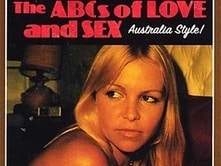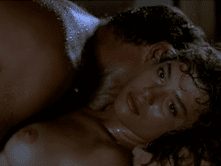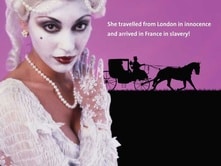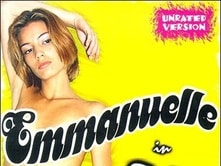Taken from IMDB comments:
“Not the best thing, but also not the worst., 22 March 2011
Author: M. O. from Brazil
‘Bruna Surfistinha’ is the story of Rachel Pacheco, an adopted Brazilian girl that constantly suffered from bullying and, feeling apart of everyone, leaved her house and family at age of 18 in search for independence to prove herself and the others that she could be someone special. Then she finds a job opportunity that could give what she was so desperately wanting. She really didn’t care if it’s from sex, she just wanted to make money and achieve her objectives. “More sex, more money”, that’s what she thinks to keep surviving.
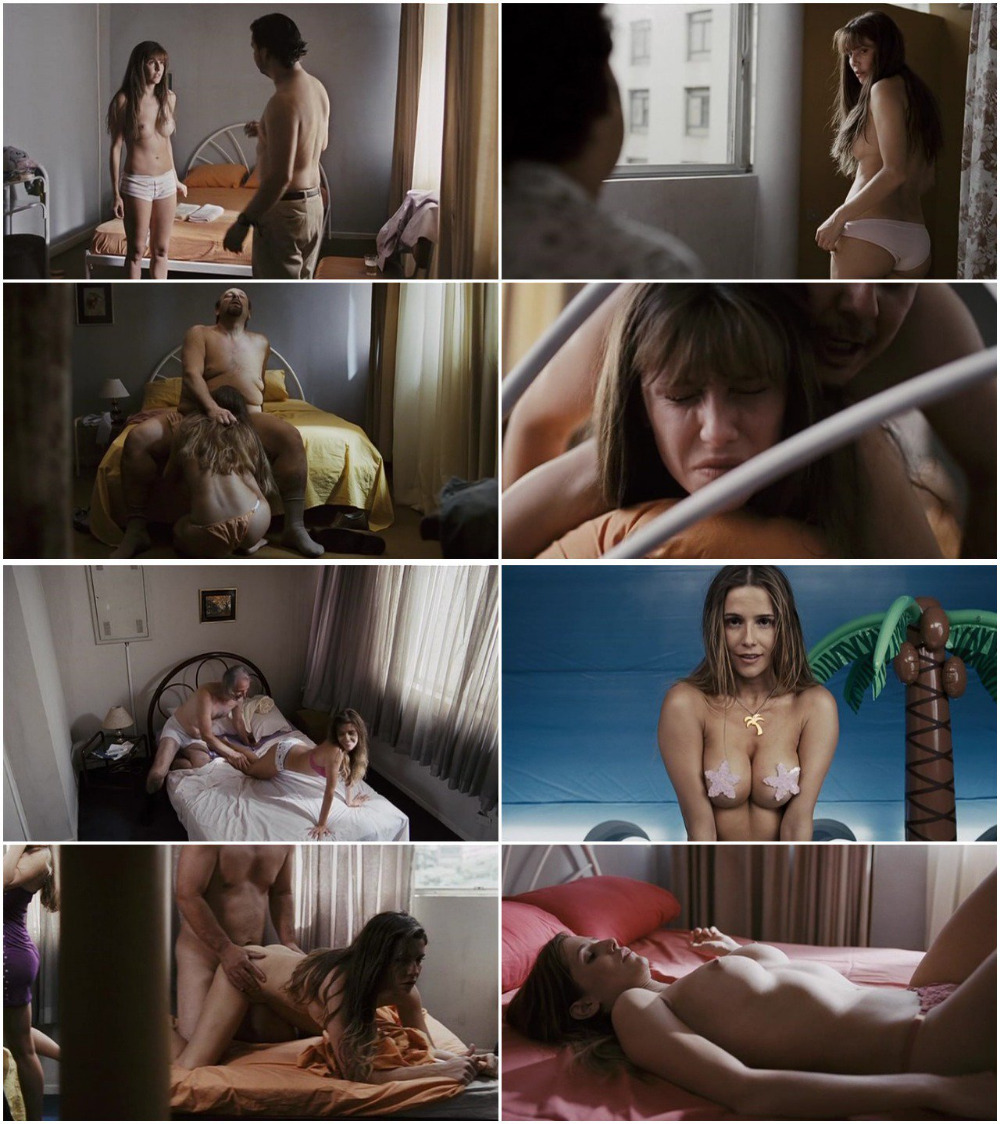
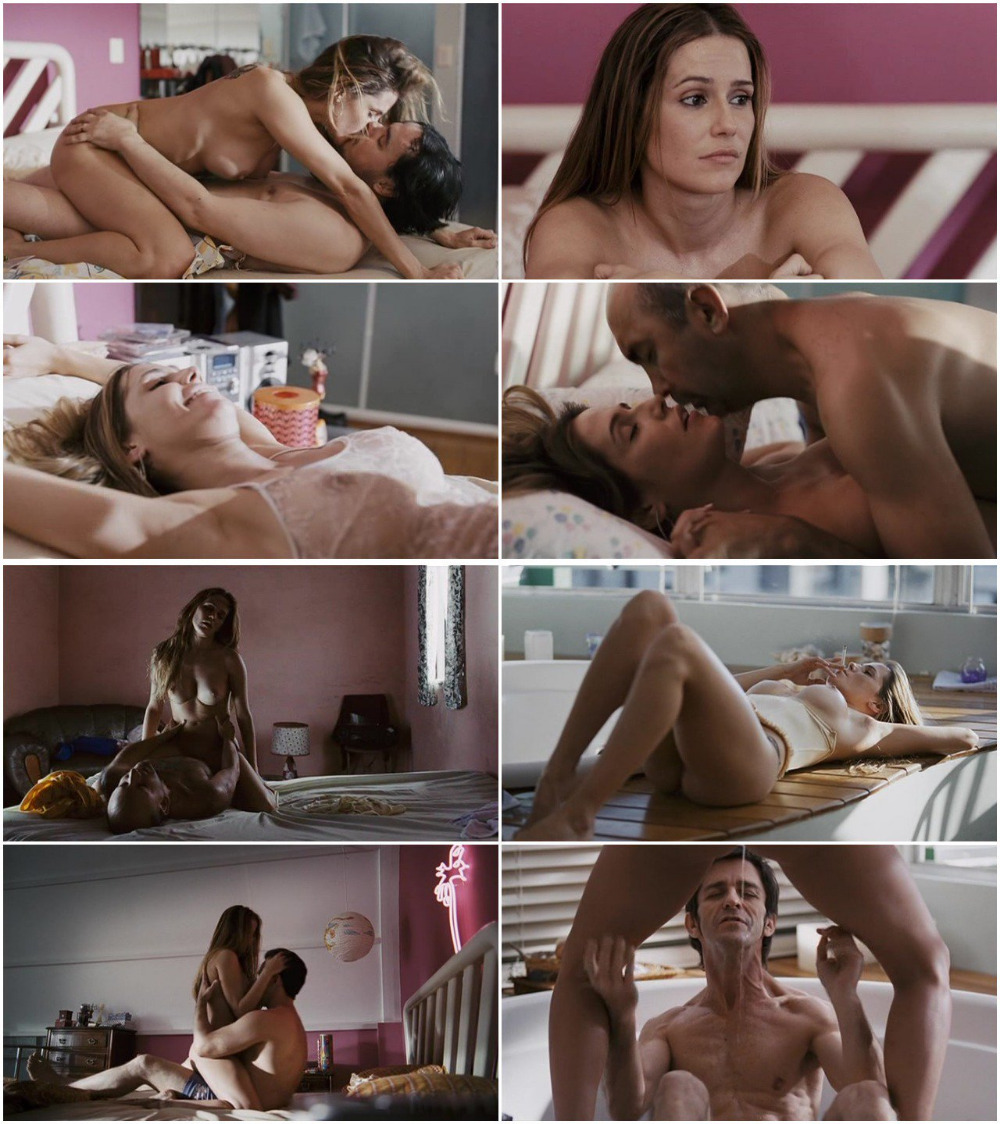
During her hooker years, Bruna Surfistinha did start maintaining a blog, writing about her sexual experiences with her different clients, giving them special and personalized treatment in bed and also reviews and ratings about their performance in her blog, making them some kind special and taking each one of them away from their miserable unhappy life they lived in. She conquered their appreciation and the anonymous mouth-to-mouth publicity made her one of the most desirable prostitutes at that time. The blog was a successful step making her famous and respected in her business. She made a lot of money with important and rich people, living in a first class condo and having everything she ever wanted.
‘What comes easy goes easy’, that’s what people say. Not as easy as it’s supposed, but everything did go as easy as said. With her successful sex business she overrated herself and meantime became addicted to drugs, fell in depression and lost almost everything, coming back to where she started: from nowhere. Then she reemerged, got all the money she needed back to stop living from sex and wrote a best seller called “O Doce Veneno do Escorpião” (The Sweet Poison Of The Scorpion) in which the movie is based on.
That’s how she became famous in Brazil. All of this – except the book episode – is in the movie.
When the film was announced many people laughed and thought it was a joke, because it’s not necessary read the book to know that Rachel Pacheco (aka Bruna Surfistinha) isn’t a Diablo Cody (the American ex-stripper who also became famous as a blogger and won a Best Original Screenplay Oscar for 2007’s Juno). Her fame was much more a popular response against taboo than just a natural talent. Even so, the book and the life of Rachel Pacheco offered enough material for a movie that fulfills its intents.
Unlike what was previously believed, the film is surprising in all aspects. Even looking like a TV movie sometimes, the debut direction of Marcus Baldini worth some attention. The well developed screenplay with natural and accurate dialogs is also a plus. The cast, the soundtrack and the edition – which is largely responsible for most of the movie’s development – are top of note here. The cinematography sometimes are beautiful and intensifies some dramatic and erotic moments without being appealing. Also, nudity and sex scenes here are just used objectively and never being abusive or compelling, very different from some ordinary titles that uses nudity and sex just as an instrument to attract audience which is very expected here but never delivers more than the necessary. The movie can easily be defined as some kind of Christiane F (1981) meets Pretty Woman (1990) because Bruna is what Julia Roberts’ character would be without Richard Gere.
The movie is a slap on the face of those who underestimated its quality just by its topic. Deborah Secco, known in Brazil for her roles in soap operas since she was a teenager, finally grew up as an actress because the movie succeeds most by her performance. Credits should also be given to the supporting actresses, especially Drica Moraes (as madam Larissa), the greatness of her work is evident every time she appears.
‘Bruna Surfistinha’ never tries to give the character a martyr neither a heroin image, she’s just someone that simply got the job and now is suffering its consequences. Much less tries to make her life a modern fairy tale being – perhaps – screenplay’s greatest advantage and also what makes the movie never fall into cheap emotionalism.
For sure it’s not the best thing you will ever watch, but also not the worst. Obviously it needs to be watched as a movie and not as a biographical thing with some lessons you need to learn because even the ugliest truth becomes a beautiful thing in movies, that’s why it’s worth watching without any profound expectations.”
